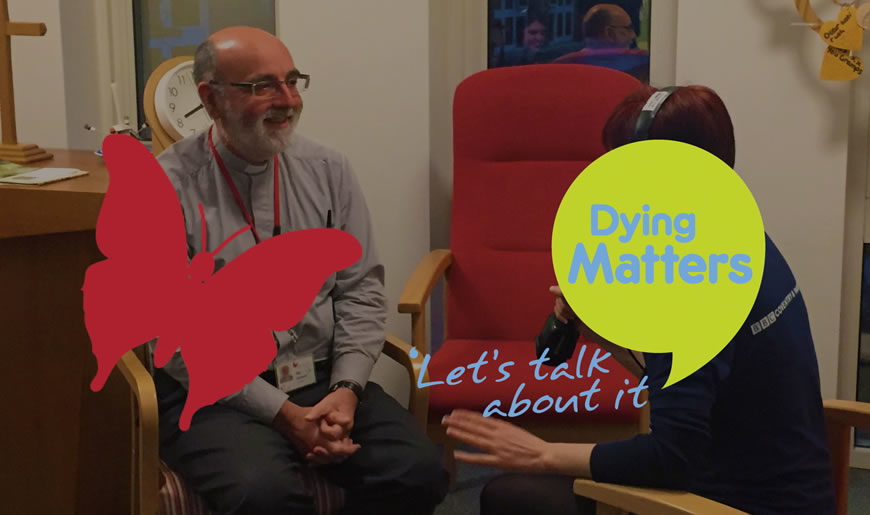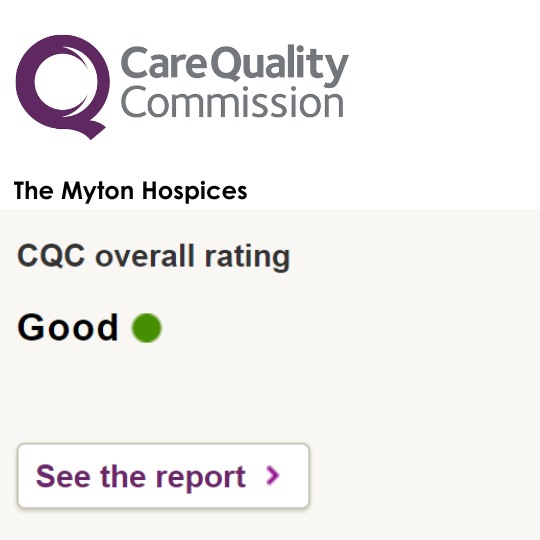A family were planning their father’s funeral as he lay in a hospital bed. There was laughter as he described an event at another funeral he had attended many years earlier: ‘so whatever you do, don’t do that,’ he said. ‘On the other hand’, he continued, ‘as I want to be cremated, I have always loved the hymn ‘light up the fire, let the flames burn’’ There was more laughter but a firm no from his daughter, who said, ‘sorry Dad, but that is an image in my head too far!’
At that point, one of the hospital clinicians came over and, realising what they were talking about, said, ‘oh no, there is no need to be talking about that now’ and, sadly, the conversation came to an end.
Then, just last week with their father dying and no longer able to communicate, his daughter said, ‘if only…. if only we had continued that conversation. Now all we have for his funeral is one thing we know he didn’t want and one thing we are not sure if he meant or if he was joking.’
I felt really sad for them.
It isn’t unusual for a family to suddenly find that they have little or no idea what someone they love wanted for their funeral. I felt especially sad for them because not only had they started that conversation and been interrupted but they had found that, contrary to their fears, there was humour, compassion and insight to be found there.
This has consistently been my experience over the years; that people welcome the opportunity to plan and talk about their funerals, especially once they get started. Stories are often told within a family, some old and well known but often new stories too which are heard for the first time, giving new understanding of the person they love. Not only is it often helpful to have this conversation but it can also be very unhelpful, even painful, not having the conversation.
In the hospice, it is not uncommon for individual family members to tell us that they are the ones being strong for the rest of their family because no one is talking about it; that everyone else is in denial because no one is prepared to address what is happening. This mutual collusion serves only to isolate the members of a family, creating even more stress and anxiety.
Conversations about dying and conversations about funerals can happen very gently.
A common starting point is favourite music; songs that have been pivotal in their lives, have marked a particular moment or that express hope for the future. For some it may be a favourite reading or poem. A more general conversation about happiest memories or proudest achievements can lead to a discussion of what should be included in the funeral address. But once started, there is often a feeling of relief and confidence for everyone taking part- now we know what needs to be done.
One can only defer a funeral conversation- it will happen eventually- but it may be that it only happens when someone has died, when the pain and grief is at a maximum and when it is most difficult to think straight. It really is better to have the conversation before that time.






